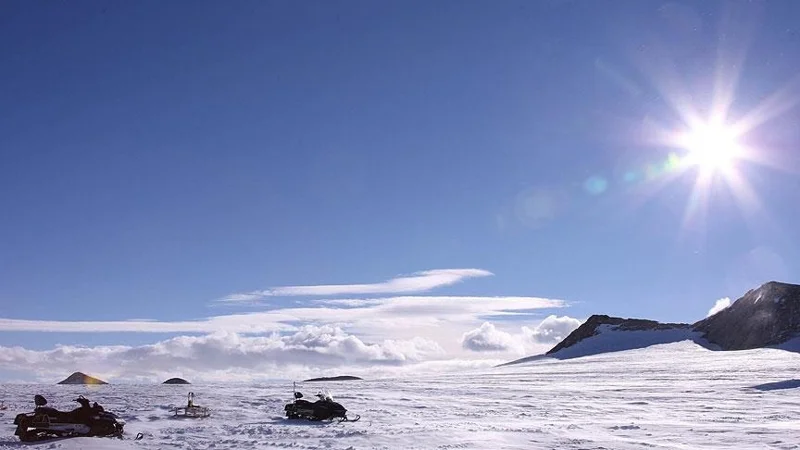Ozone recovery may worsen global warming, new report warns
The Earth’s ozone layer is on a path to full recovery, a major environmental success story -- but that progress could paradoxically contribute to further global warming, new findings show, Anadolu Agency reports.

The ozone hole shrank in 2024 compared to previous years, the World Meteorological Organization (WMO) said in a report released on Tuesday to commemorate International Day for the Preservation of the Ozone Layer.
“Forty years ago, nations came together to take the first step in protecting the ozone layer – guided by science, united in action,” said UN Secretary-General Antonio Guterres. “Every fraction of a degree matters. Every action counts.”
The ozone layer, Earth’s protective shield against the sun’s ultraviolet radiation, remains on track to recover and is expected to be fully restored by mid-century, the WMO report revealed.
“The Vienna Convention and its Montreal Protocol became a landmark of multilateral success. Today, the ozone layer is healing,” Guterres added.
But the same healing process, while vital for shielding life on Earth from harmful ultraviolet radiation, may have an unintended side effect: intensifying global warming.
A separate study from the University of Reading found that between 2015 and 2050, ozone changes could contribute about 0.27 watts per square meter of additional warming --roughly 40% more than previous estimates. That would make ozone the second-largest driver of warming after carbon dioxide by mid-century.
The contradiction underscores a complex climate reality. The successful elimination of CFCs has prevented millions of cases of skin cancer, cataracts, and ecosystem damage. Yet, as the ozone layer thickens, it also traps more heat in the atmosphere, acting as a greenhouse gas pollutant.
It was reported earlier that a team of climate scientists has reached an alarming conclusion: even if humanity manages to limit global warming to 1.5°C above pre-industrial levels, as outlined in the Paris Agreement, this will not stop accelerated ice melting and sea level rise.
